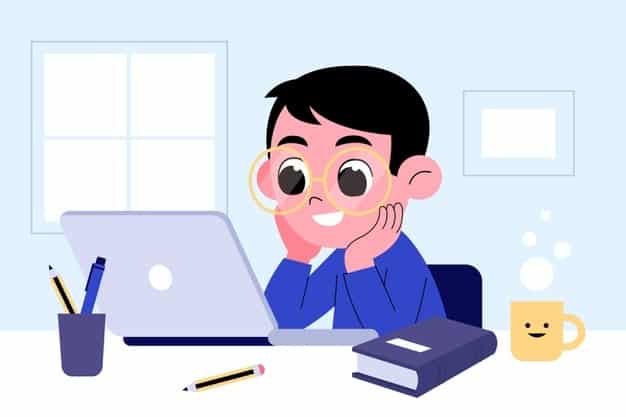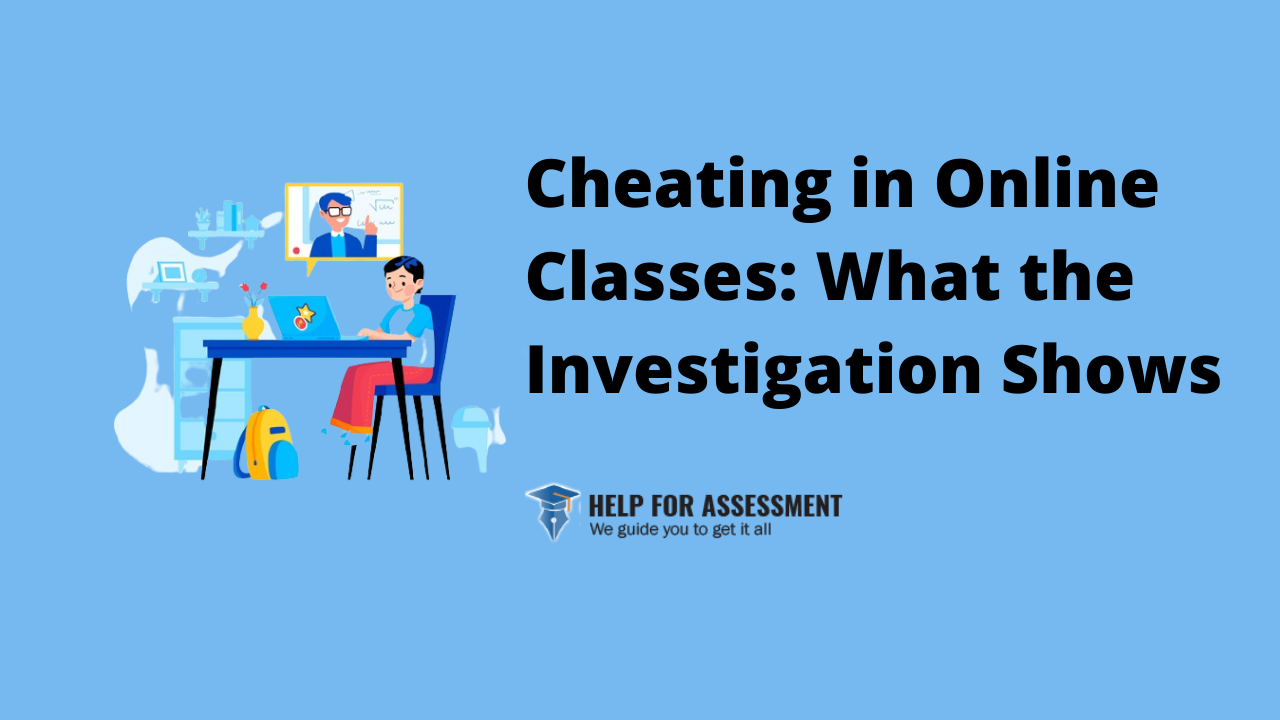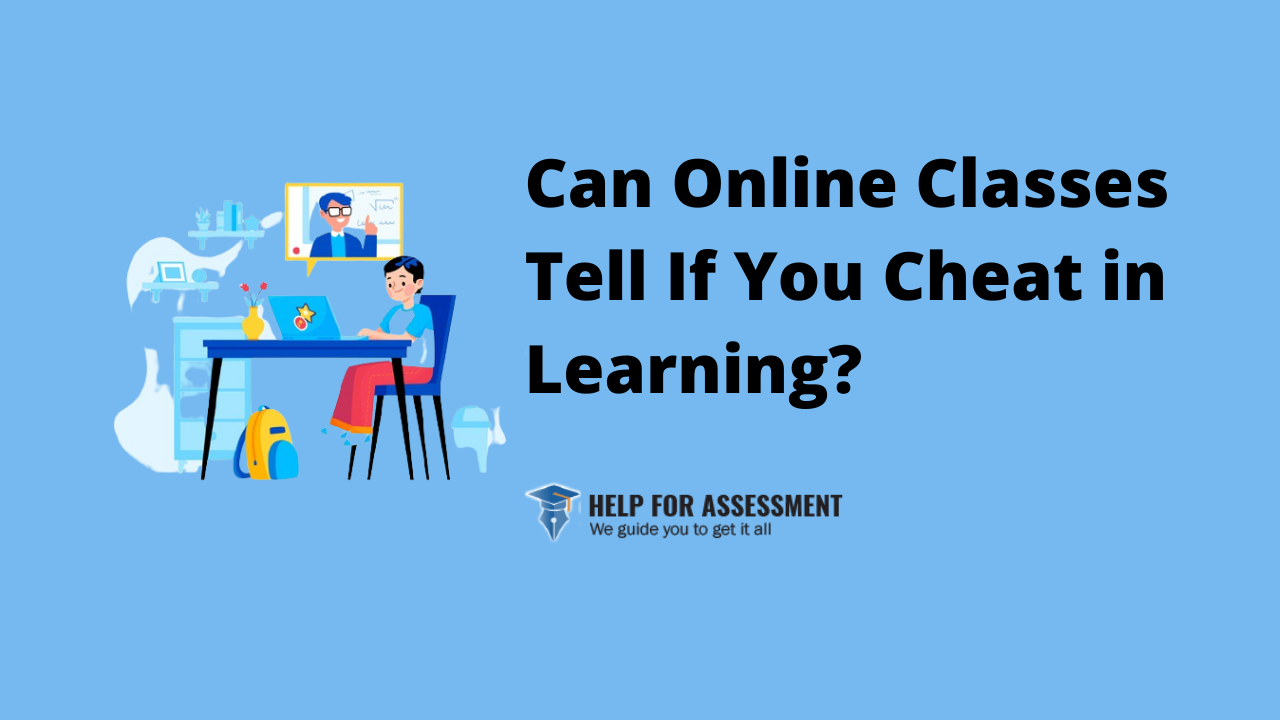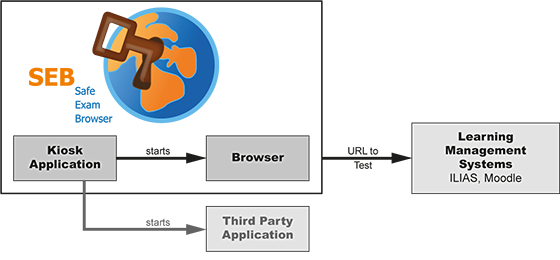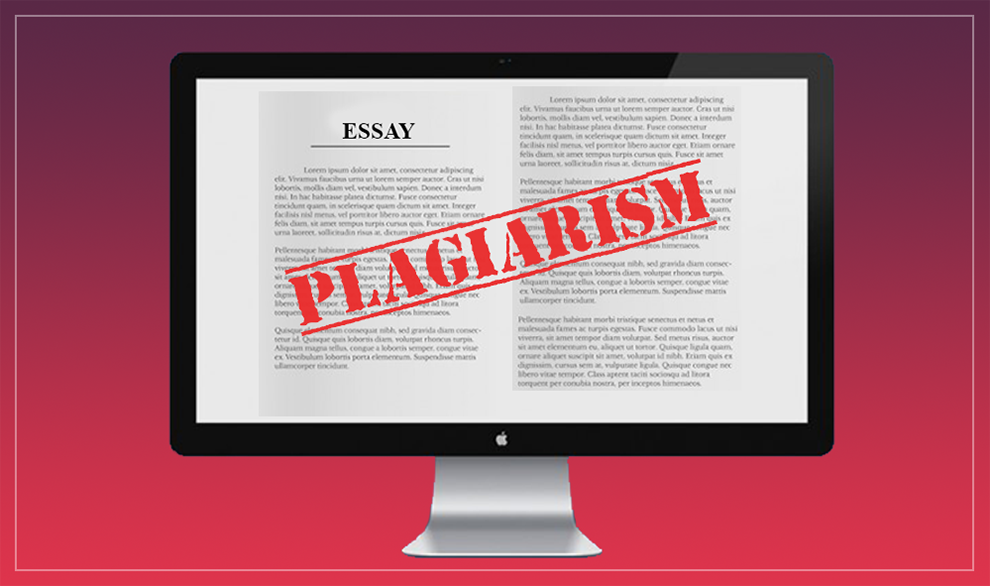As many students continue to enroll in online course, with at least 6 million students taking to distant learning in the US alone, there’s no doubt that virtual learning is becoming popular and more dynamic.
In fact, the global pandemic has pushed this even further, and now we’re seeing this number adding up by thousands as students move from in-person learning to embrace online education to enact social distance.
The advantage isn’t just an attempt to combat Covid-19 pandemic. Online education also gives students more flexibility to balance between schoolwork and personal schedule.
But the thing is:
While distant learning separates you from the traditional brick and mortar environment by giving you a structure that allows you to study under no supervision at all, the curriculum doesn’t change.
You have to sit through virtual lectures, complete homework, write essays, and take exams.
The kind of freedom that online classes give students evokes a very significant concern. The question is this:
Can Online Classes Tell if You Cheat? What Statistics Show
In this lesson, you’ll learn whether online classes can tell if students cheat and how exactly they do it. We’ll also give you some insightful tips that you can use to make online classes better day after day.
A survey on academic integrity in the age of online education shows that many educators think that students are more likely to cheat in online classes than they would in in-person learning, and only about 3% of the instructors use some kind of proctoring to control cheating.
Further, the study shows that while locking out browsers using security software solutions as students take test help to control cheating, it’s only 15%of the instructors implement this technique.
The demand for online education has seen companies that sell pre-written homework and test answers become a lot more popular.
While companies such as Course Hero and Chegg have been around even before the pandemic, their uses have far much exploded now than before, with thousands of students paying subscription fees to get answers to questions asked in tests.
The working concept behind companies that sell answers to tests isn’t anything new. Students who have already taken tests go to these websites and upload their work, and they get credit in return.
Investigation by Hechinger Report found that students from different learning institutions, including Boston University, North Carolina State, and Georgia Tech, used Chegg to cheat on their online tests and exams.
While this information is according to news report and faculty at the institutions, universities tend to back down on talking about such incidences, and especially since the Federal Law have limits in place on how much detail these learning institutions can provide.
From what the investigation reveals, cheating in an online class, and especially during a test, can get you into serious trouble. Your professor won’t feel for you if they find out that you haven’t been honest on your tests and exams. If you cheat online for better grades, and your professor grades your exams on a curve, you could get into serious trouble.
So Can Online Classes Tell If You Cheat?
Because you study alone and write your homework at your pace, it’s easy to assume that your professor can’t know if you’re cheating. The truth is that they can easily tell if you’re cheating in your online classes and can penalize for doing so.
Instructors detect cheating in online classes through proctoring, secure exam browsers, plagiarism detectors, and online authentication.
Let’s discuss these further so you understand what they are and exactly how they work in controlling cheating in online classes.
Online Proctoring
Your professor wants to be certain that you’re the one writing your tests and exams based on what they’ve taught you from the lectures. That’s why they use online proctoring to keep you in your best behavior.
Online proctoring can be in the form of a software solution or a real person. Either way, they both monitor our behavior through your laptop’s or PC’s webcam.
Professor rely less on automated proctoring because they aren’t 100% reliable. At the very least, these tools tend to mistake innocent behavior as sign of cheating while that isn’t the case.
The assumption is that until automatic online proctoring can be as good at making objective judgments as humans do, professors will have to rely on live proctors to watch through classes, especially during tests.
Secure Exam Browsers
In the case of a secure exam browser, your instructor requires you to download a software that controls what you can open and what you can access through your web browser during a test.
These programs are so sophisticated and advanced that they can even monitor your computer activities, making it very difficult for you to cheat in an online class.
Identity Authentication
It’s hard to cheat in an online class because instructors use identity authentication program to control such acts.
Such programs include fingerprint scanners, keystroke recognition, and picture capture. They collect details about you before taking tests or exams and they can be quite effective in controlling impersonation.
Plagiarism Detection Software
Plagiarism detection software solutions are powerful tools that professors to determine if students are cheating in their online classes.
For example, Turnitin can detect essays stolen online by scanning your essays and or written work and comparing it with information from the internet and hundreds of school databases. If the tool finds a match, it marks the paper as plagiarized and that tells your teacher that you cheated in your online classes.
Copyscape is another powerful tool that professors use to check if you bought, downloaded, or copied your assignment, test, and exams from the internet.
Grammarly also does a good job when it comes to detecting plagiarism, but it’s still not as powerful as Turnitin or Copyscape.
The biggest advantage with plagiarism checker is that you, the student, can use them to your advantage.
If you have put in the effort to get your assignments done but you’re not sure about the uniqueness of the paper, run the work through a plagiarism checker to determine if the paper is unique.

